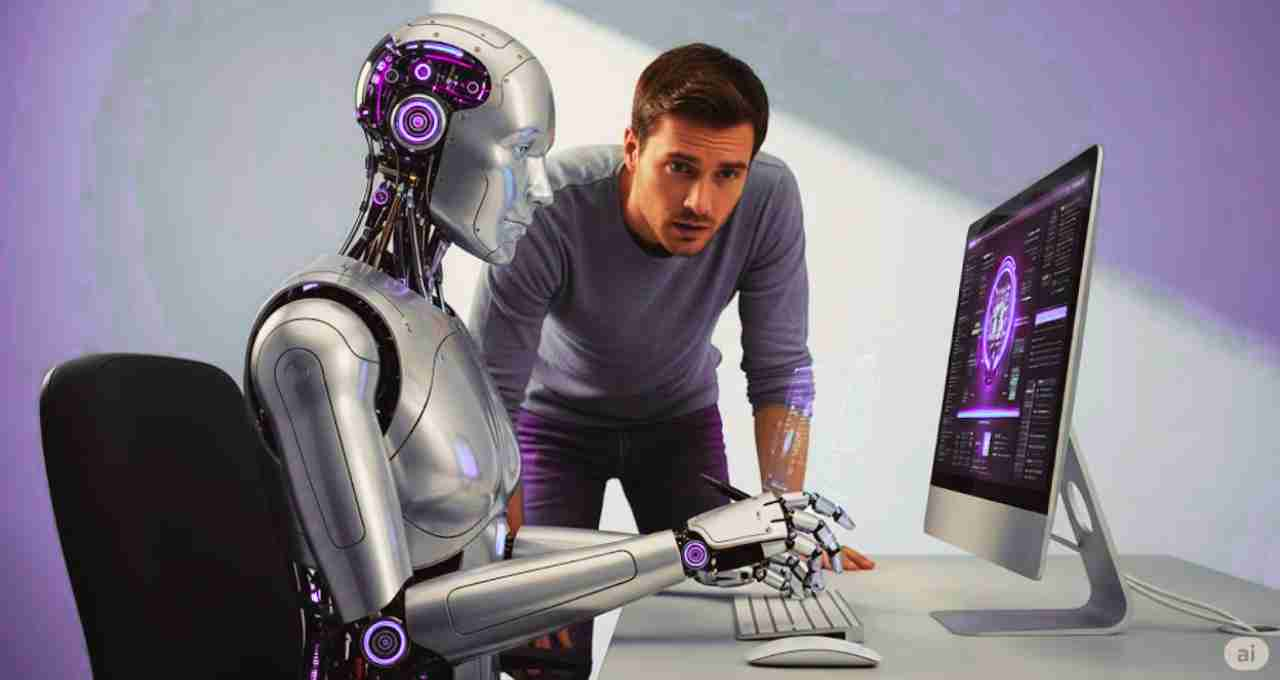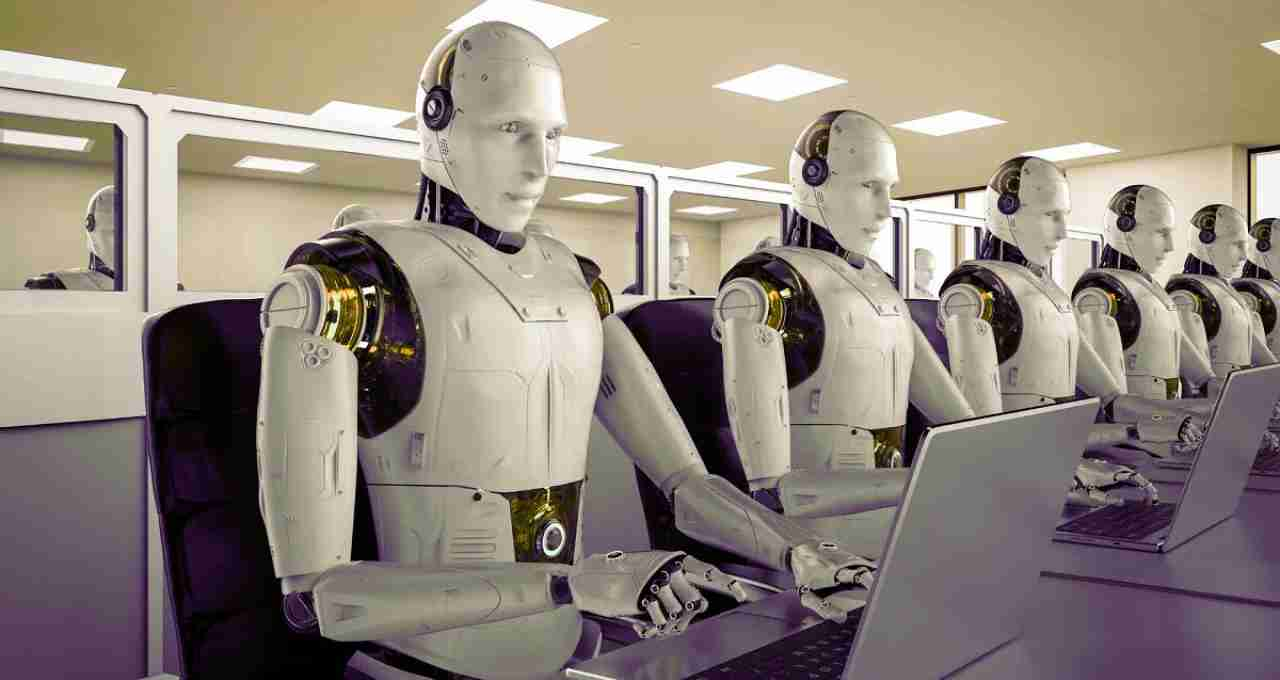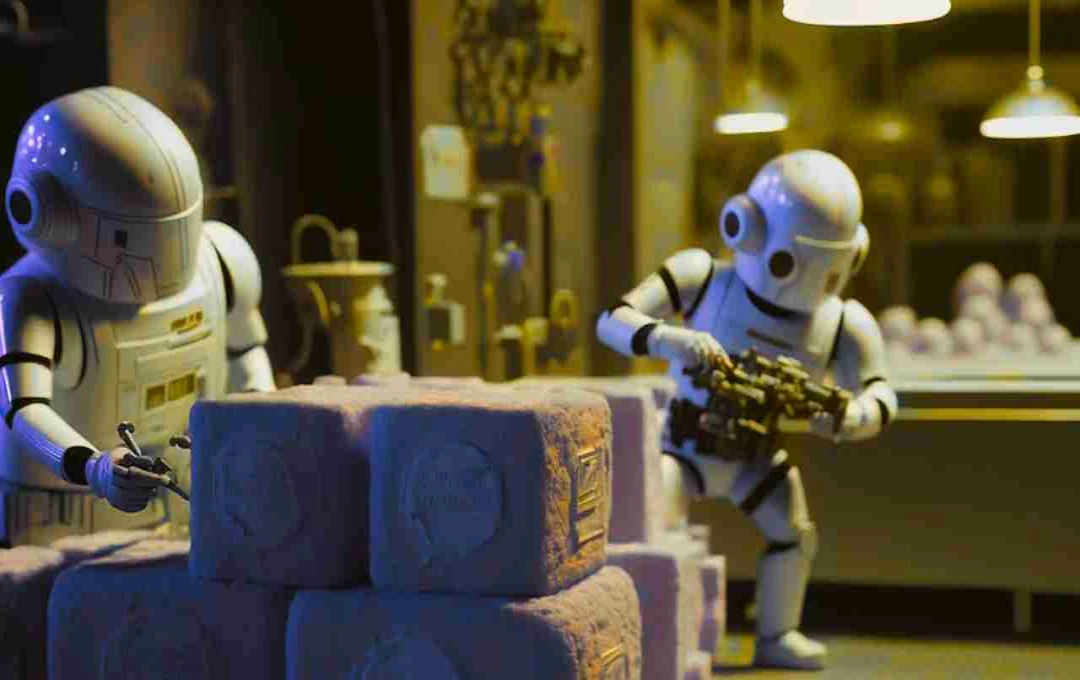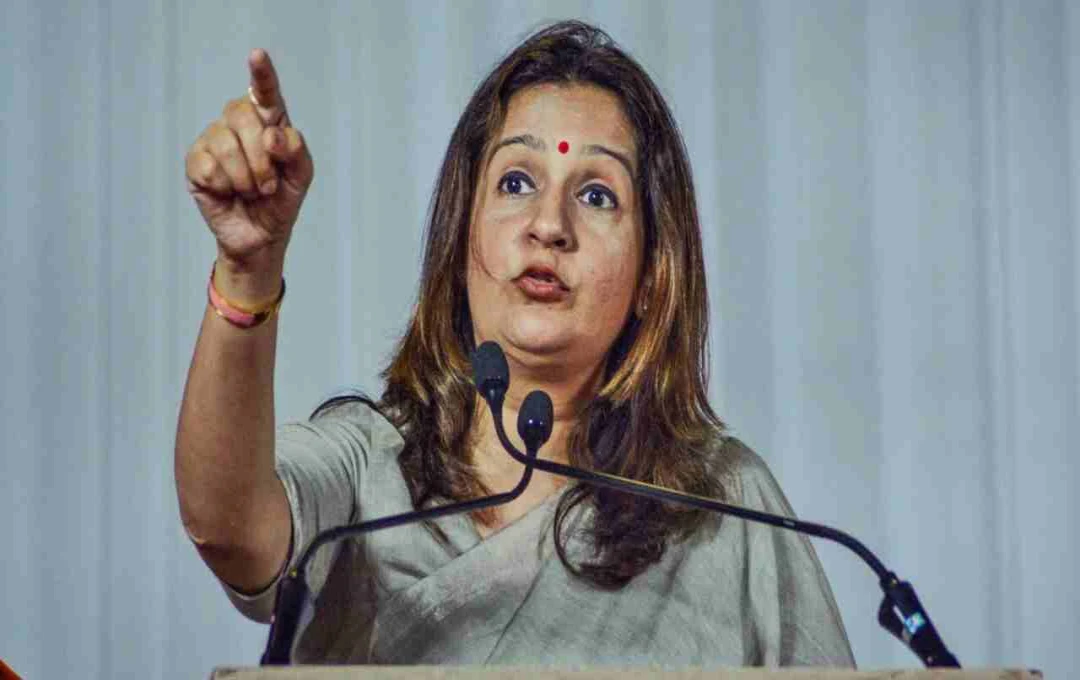By 2045, AI could replace the majority of human jobs. Only leadership roles, ethical work, and sexual services will remain. Experts warn that if a new economic model is not adopted, global unemployment and inequality could increase rapidly.
Artificial Intelligence: (AI) is a subject of constant discussion worldwide – some consider it a technological revolution, while others see it as humanity's biggest challenge. However, a new report has added seriousness to this debate. Adam Dor, Research Director at RethinkX, claims that by 2045, AI and robotics will nearly eliminate human labor.
He asserts that with the speed at which thinking and understanding machines are developing, most traditional jobs in the world will disappear in the next 20 years. This warning comes at a time when the use of AI is rapidly increasing in every field – healthcare, education, media, banking, and even creative works.
Why is AI becoming a challenge for humans?

According to Adam Dor, AI is no longer just a machine that works on instructions; it has the ability to think, make decisions, and learn quickly. By mimicking the human brain, it can not only increase productivity but also reduce costs. This very capability of AI is becoming the biggest threat to today's jobs, especially those that are regular, repetitive, and procedural.
These jobs are most at risk
The report states that the first impact will be on jobs that do not involve complex decision-making:
- Call center agents
- Data entry operators
- Accounting clerks
- Banking processing employees
- Travel agents
- Basic content writing or reporting
AI can not only perform all these tasks faster, but also with greater accuracy and at a lower cost. That is why companies are now rapidly giving preference to machines instead of human labor.
Only three professions will remain by 2045

According to Adam Dor, there will only be three types of jobs in the world that will be safe from AI's reach:
- Politics and leadership – where public relations and strategy are essential.
- Sexual services – which involves human touch, emotion, and experience.
- Ethical and faith-based work – such as religious leaders, counselors, teachers, psychiatrists, etc.
These jobs require emotional intelligence, ethical judgment, and social behavior, which AI has not yet achieved.
No control over the speed of AI
Dor and his team have studied more than 1,500 technological changes in history. The conclusion is that every technological revolution changes the entire system within 15 to 20 years. First the steam engine, then electricity, computers, and now AI – every time, the role of humans has changed. But this time the difference is that AI is not only helping, but is playing the entire role itself.
Where will 4 billion people find work?
Adam Dor raised the most serious question: if AI takes over most tasks, how will the current workforce of over 4 billion be employed? AI is not just replacing 5% of jobs, but 80-90% of tasks will no longer require human labor. He believes that if governments and societies do not adopt new economic policies and employment models, global inequality, poverty, and stress will increase.
What are the solutions?
Considering the growing impact of AI, experts are giving some important suggestions:
- Systems like Universal Basic Income (UBI) should be implemented, so that every citizen gets a fixed amount to live a basic life.
- Focus should be on new skills, such as AI management, AI ethics, emotional intelligence-based careers.
- Changes in the education system, which teaches children not only information, but also qualities like decision-making, thinking, and empathy.
AI is not just a threat, it is also an opportunity
Meta's AI scientist Yann LeCun, OpenAI's CEO Sam Altman, and AI Godfather Geoffrey Hinton also have different opinions on this issue. They believe that AI will definitely create new types of jobs, but these jobs will be different from the existing structure.
For example – AI operator, machine coach, ethics monitor, emotional tutor, interactive artist, etc.















